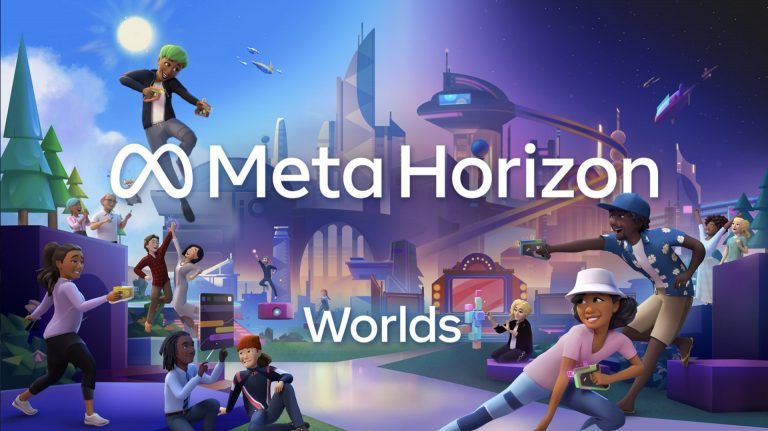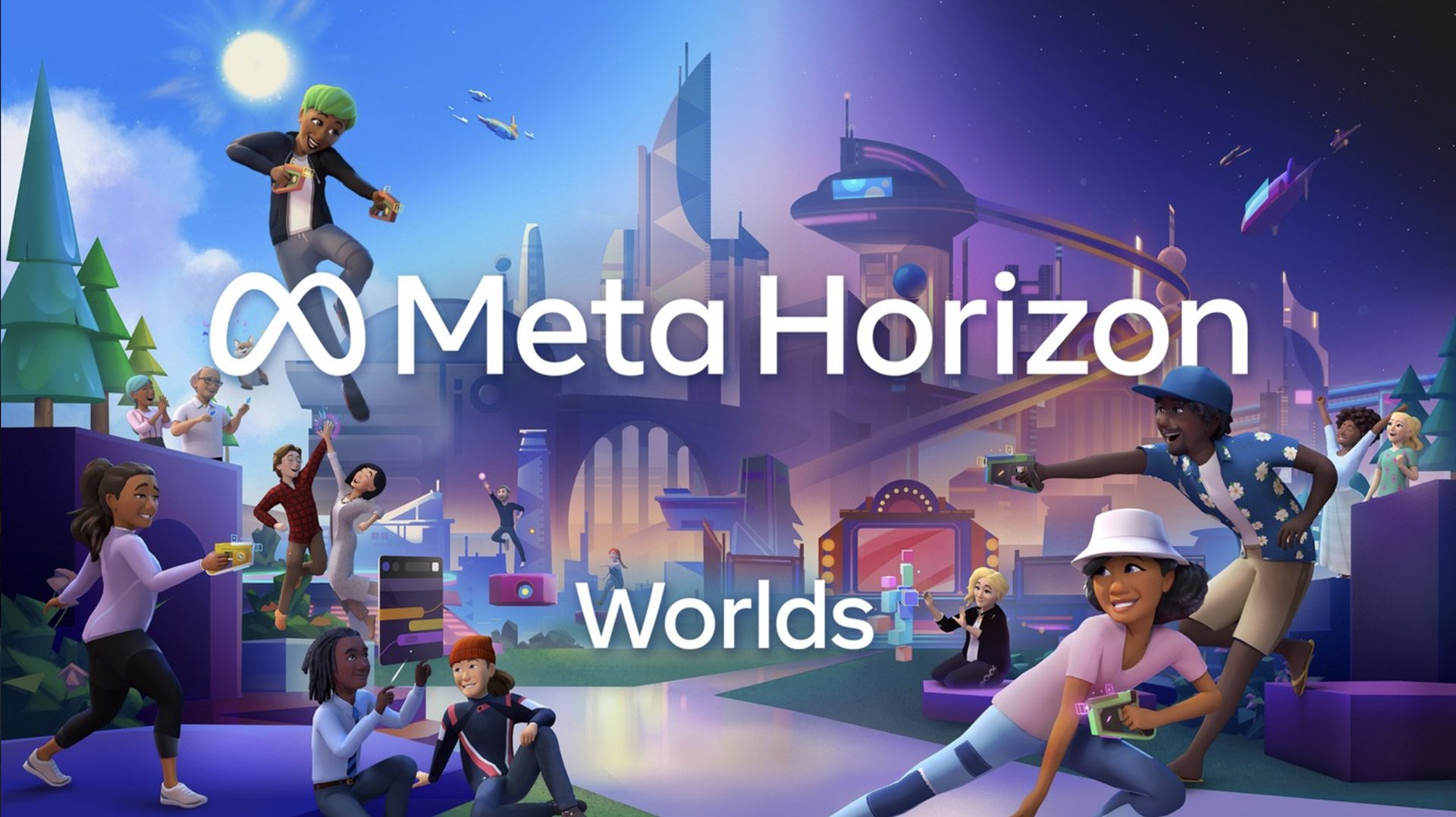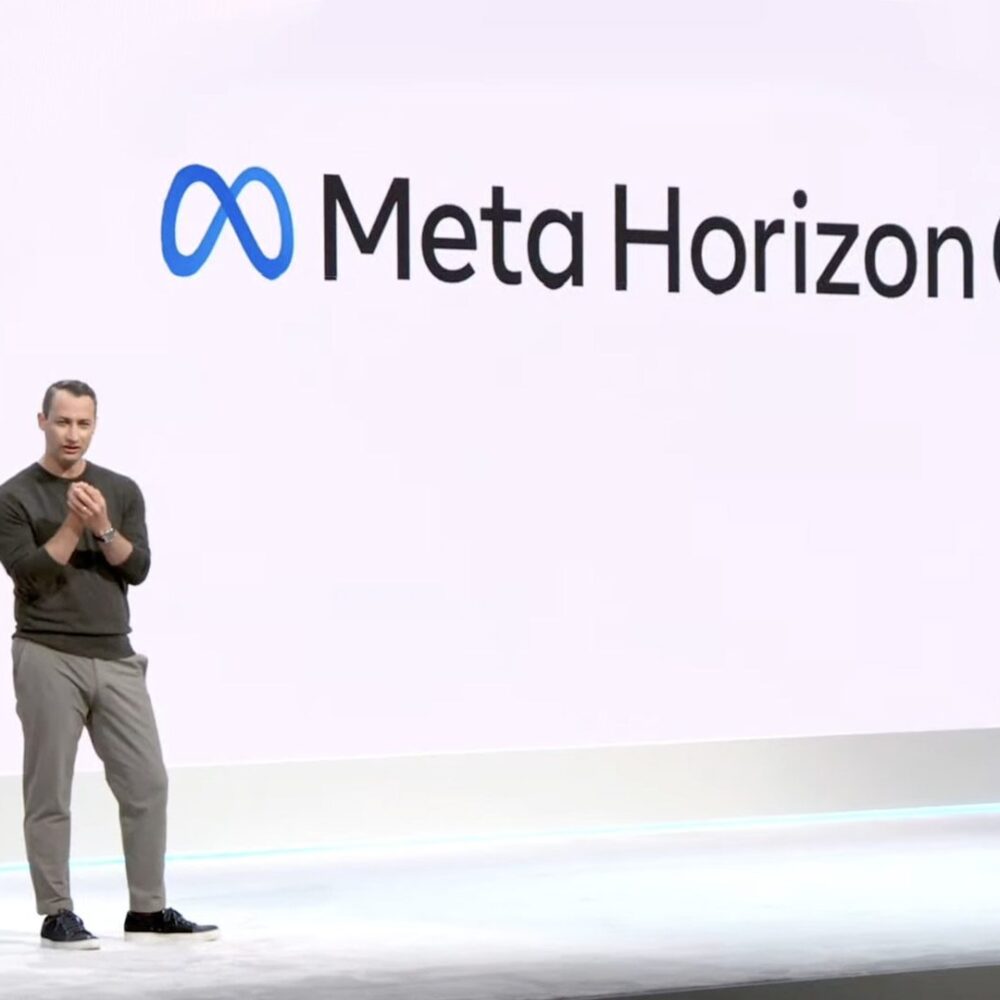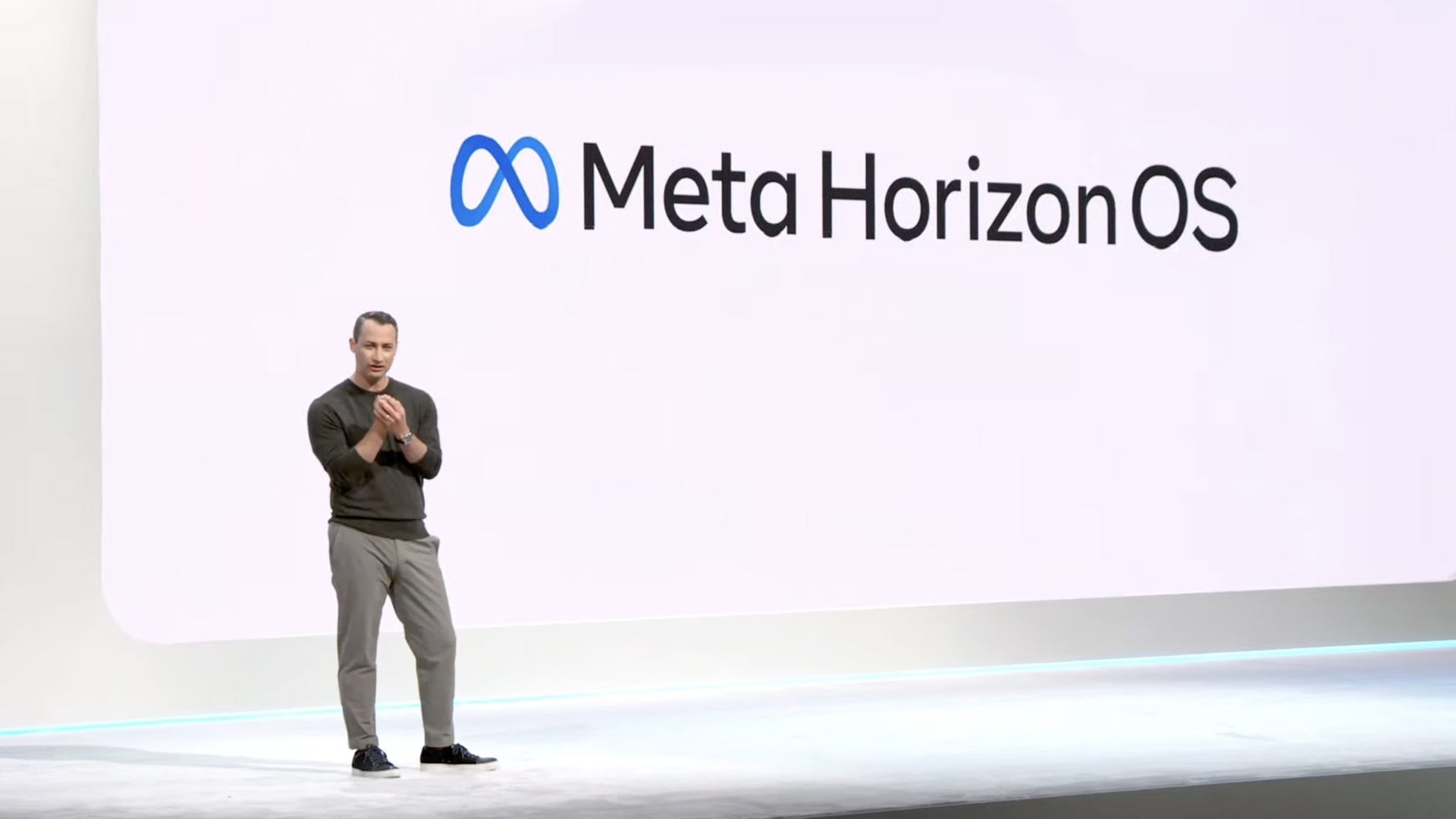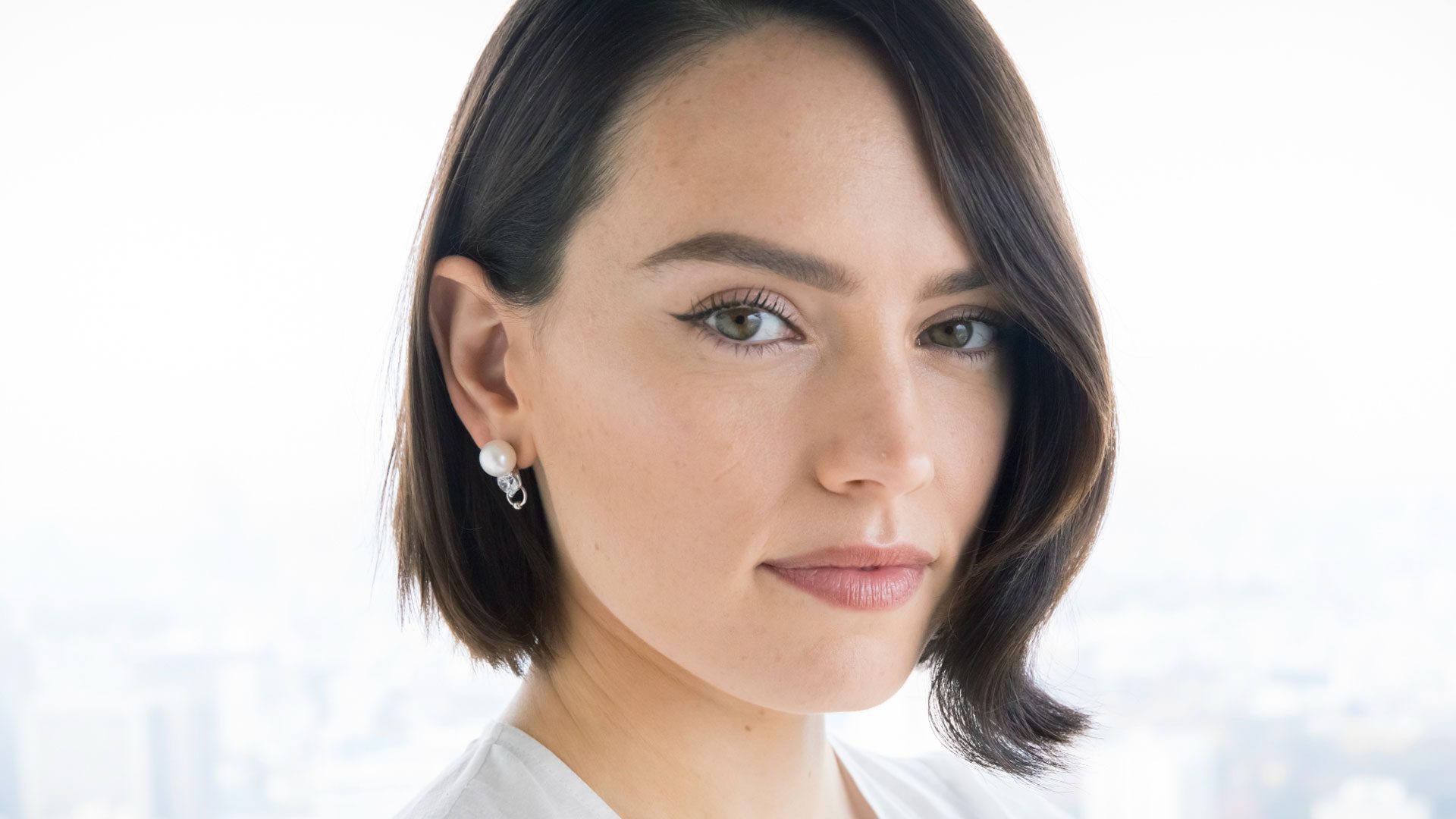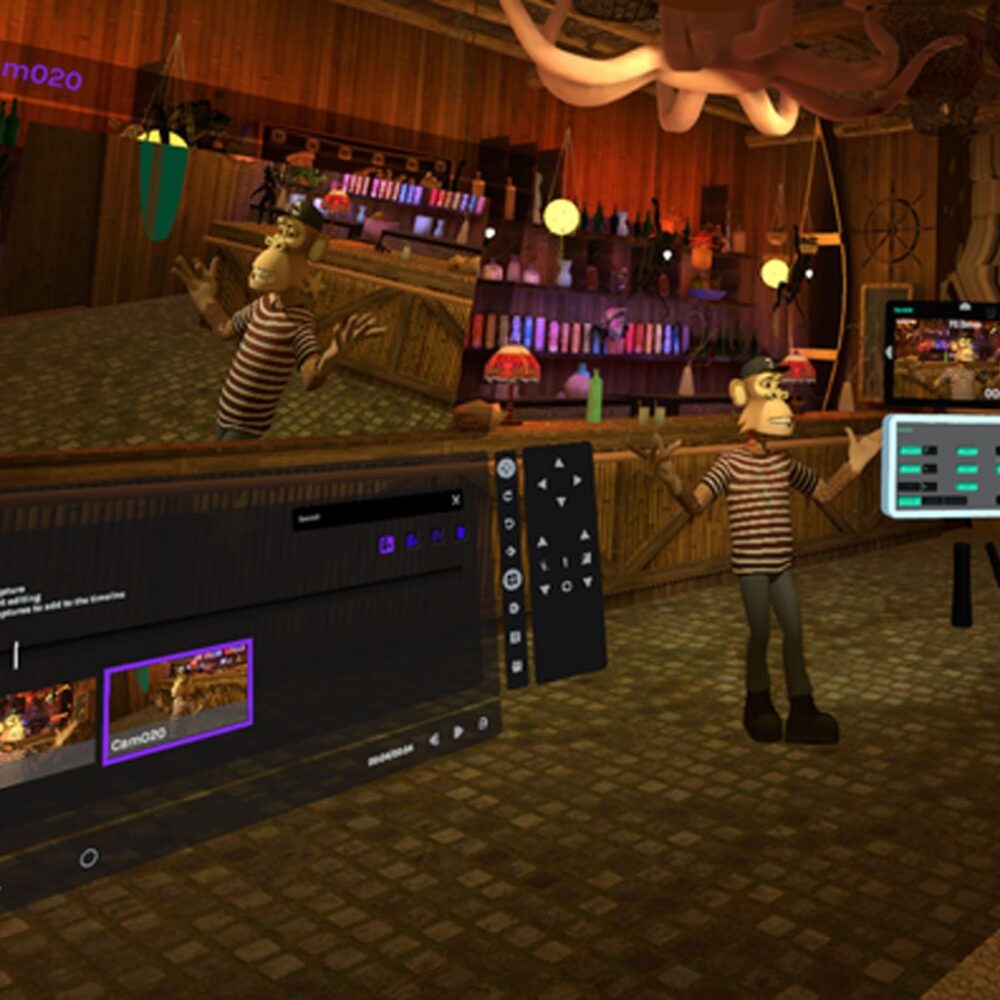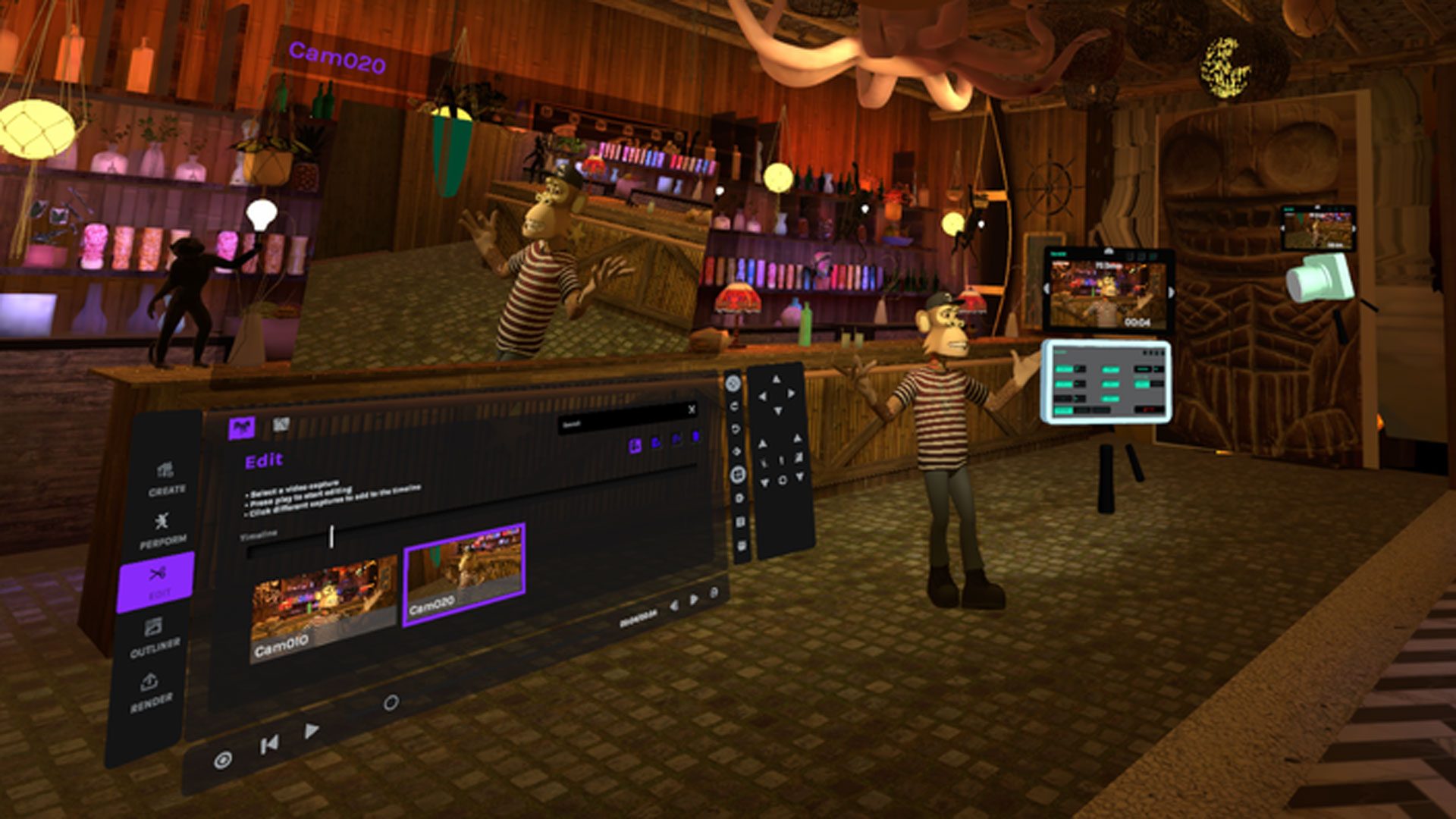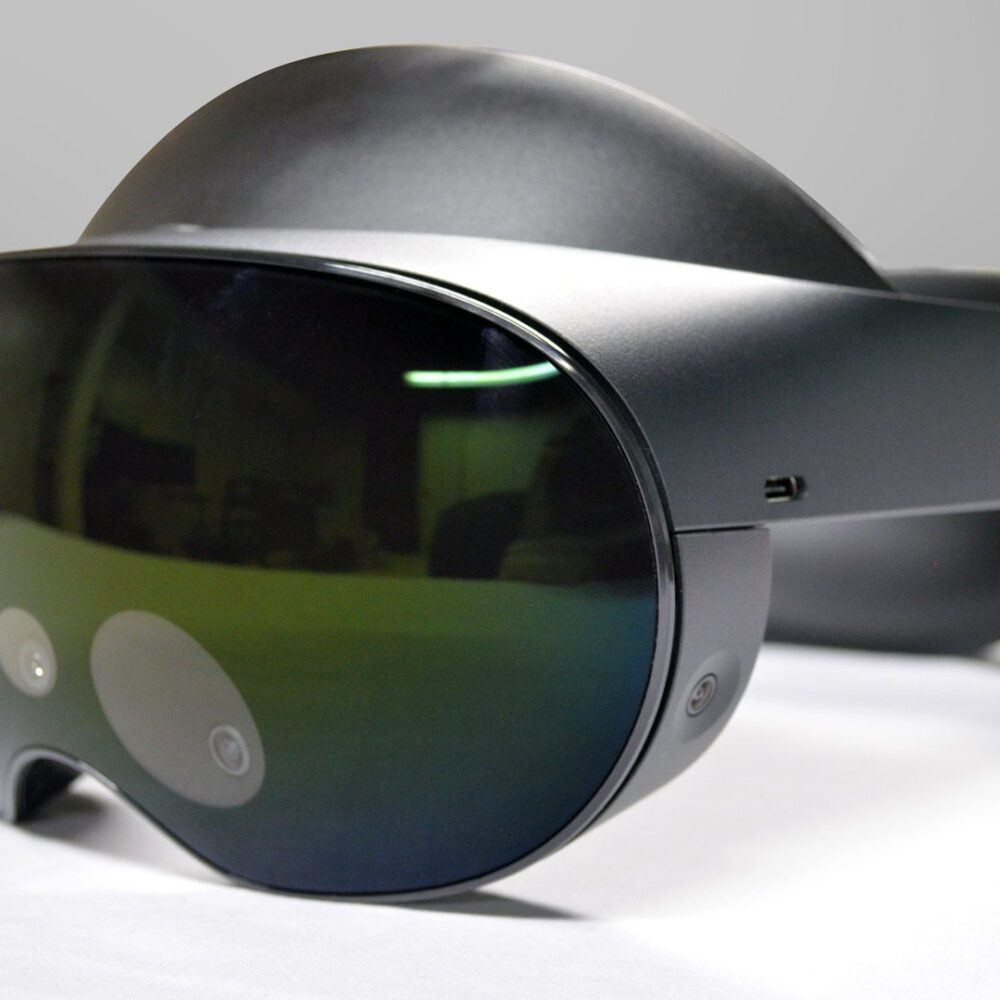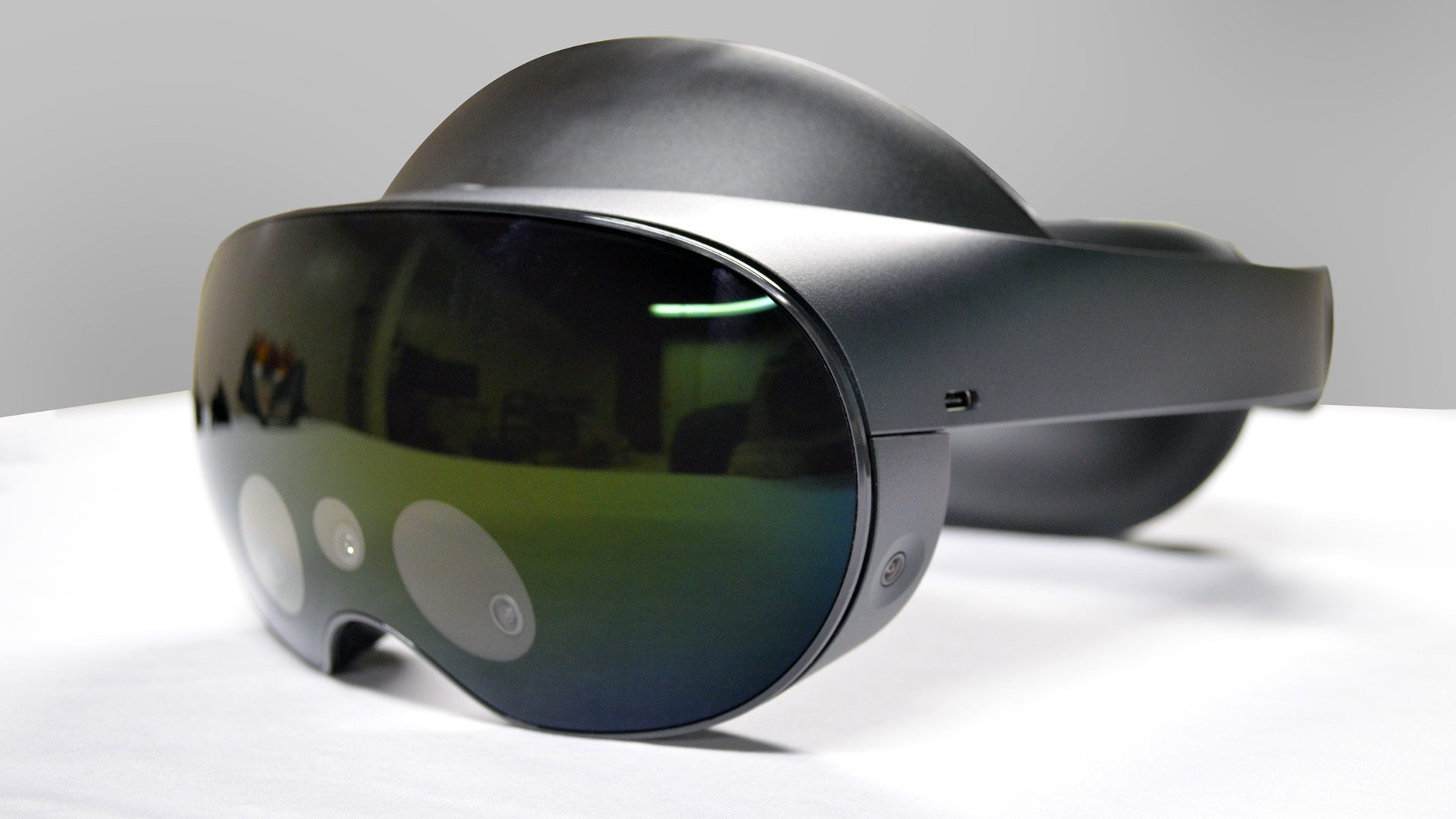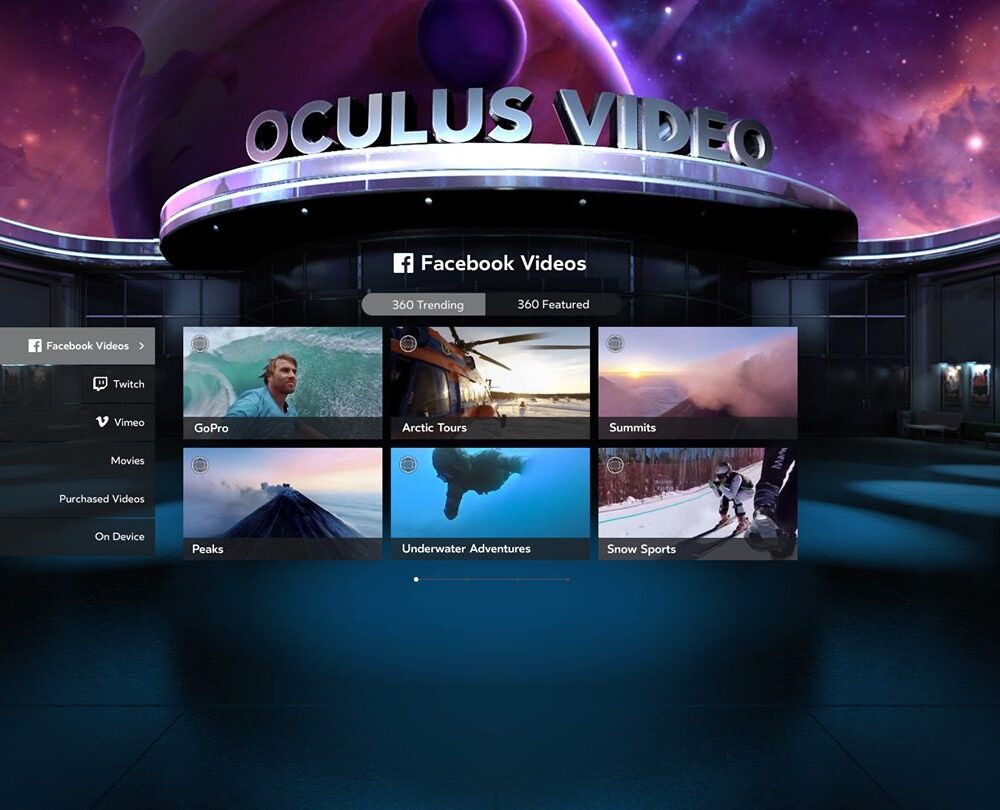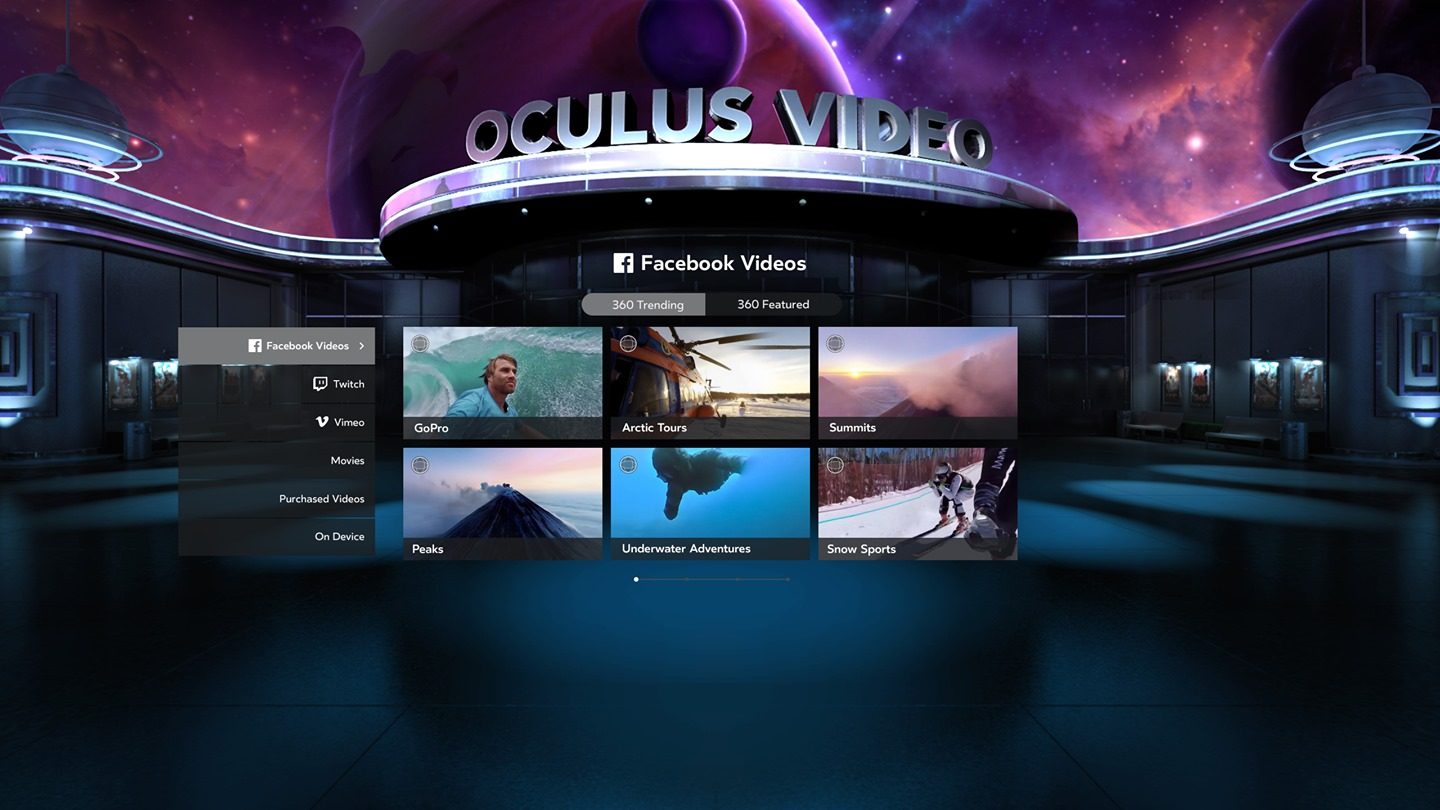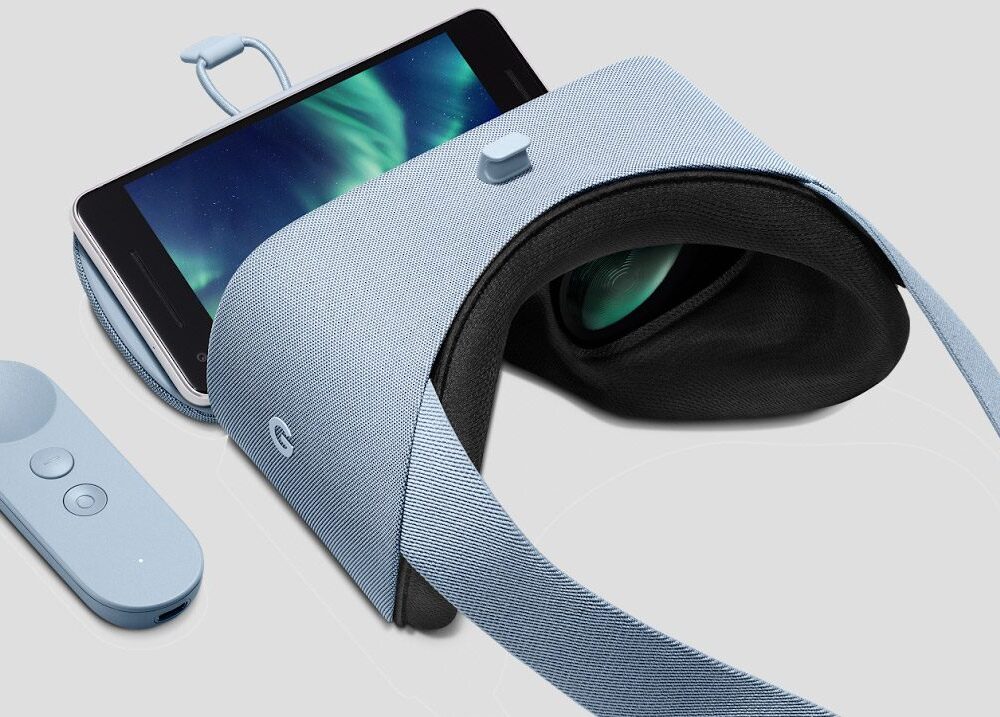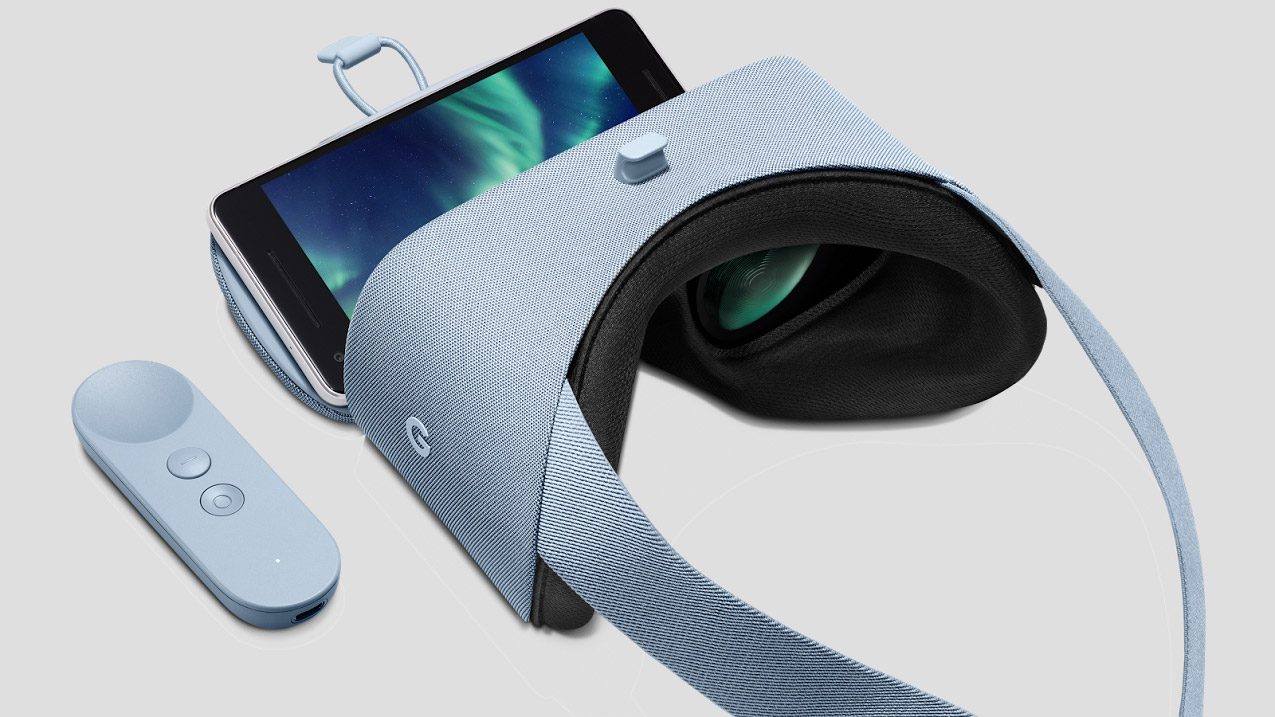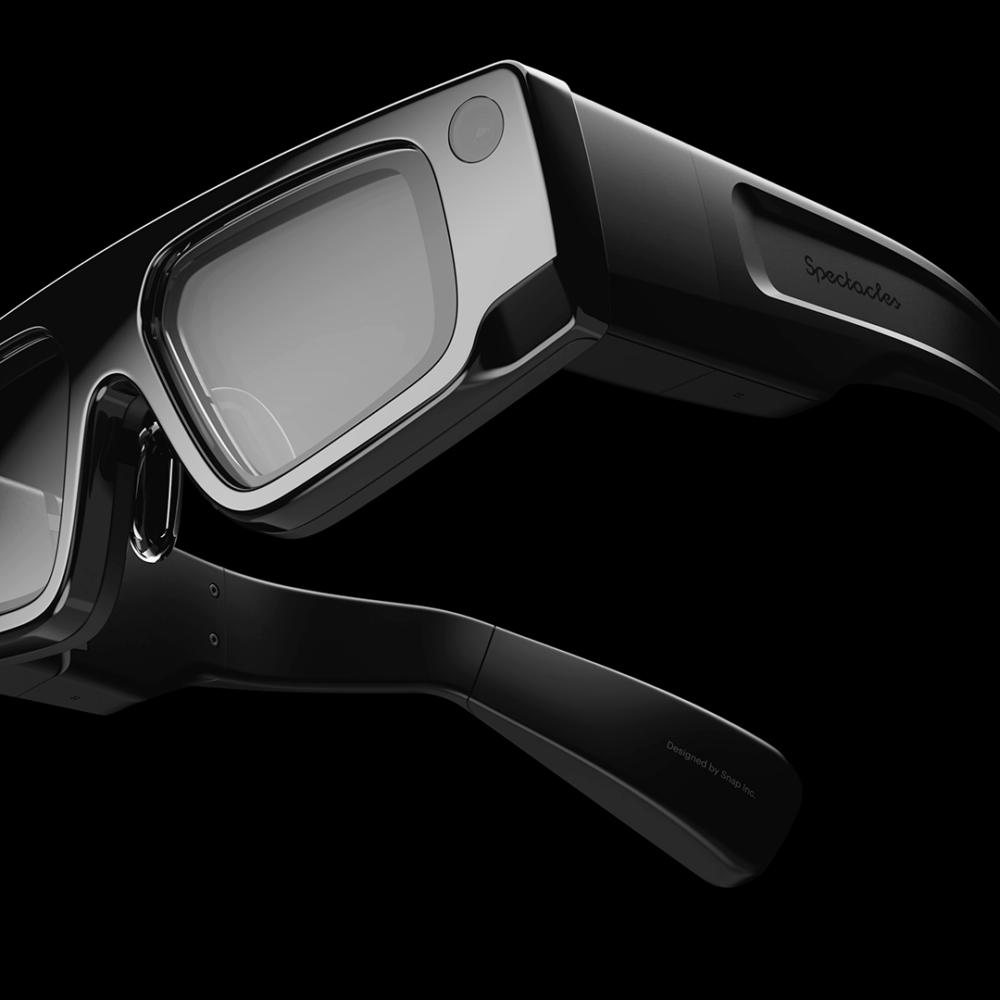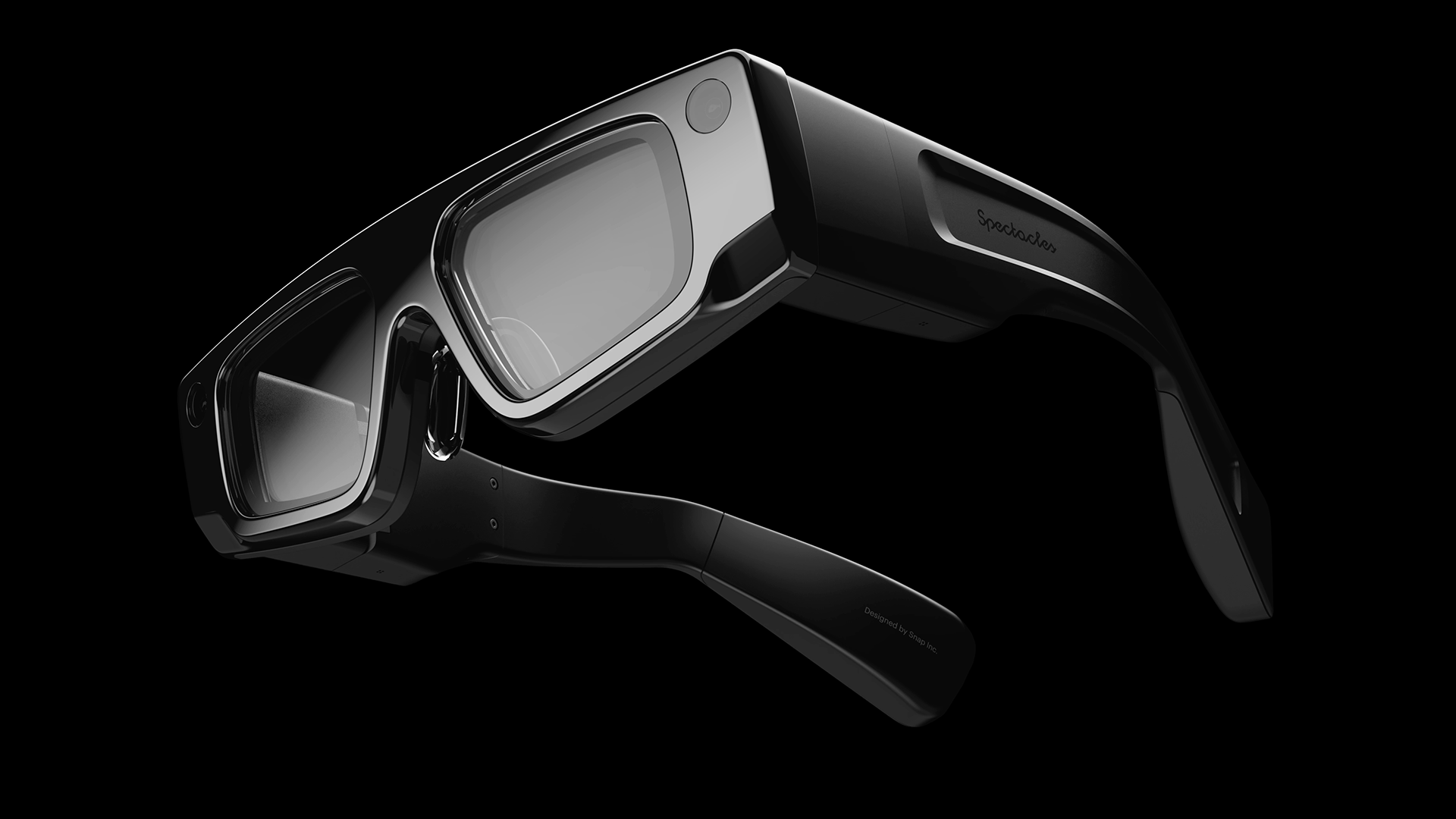AWE USA 2025 is set to include speakers from some of the biggest names in the XR industry, including Oculus & Anduril founder Palmer Luckey, along with Jason Rubin—one of the only remaining early Oculus executives—who is presently Meta’s Vice President of Metaverse Experiences. Also on the roster is Vicki Dobbs Beck, the vice president of ILM Immersive, the studio behind XR adaptations of Star Wars, Marvel, and more.
AWE USA is one of the largest and longest-running XR-focused conferences in the world, and has become our must-go XR event.
This year AWE USA will be held in Long Beach, California from June 10th to 12th, and it’s expected to be the biggest yet, with more than 6,000 attendees, 300 exhibitors, 400 speakers, and a 150,000 Sqft expo floor. Early-bird tickets are still available, and Road to VR readers can get an exclusive 20% discount on tickets to the event.
Among the 400+ speakers giving presentations at the event are representatives of a wide range of XR industry companies, including Palmer Luckey, Jason Rubin, and Vicki Dobbs Beck.

Palmer Luckey is the founder of Oculus, the startup acquired by Meta in 2014 to kickstart the company’s XR ambitions. After overseeing the launch of Meta’s first major XR headset, the Oculus Rift CV1, Luckey was ousted from Meta following political backlash for his actions pertaining to the 2016 US presidential race.
Years later, Meta made up with Luckey by inviting him to see a preview of its latest AR headset (Project Orion). This was followed by a public apology from Meta’s top XR executive, Andrew ‘Boz’ Bosworth, who said “I’m grateful for the impact you made [Meta] and in developing VR overall. Looking forward to showing you more of our work in the future.”
The ousting must have been heartwrenching for the Oculus founder who played no small part in making XR what it is today; but a tiny silver-lining did emerge… Luckey went on to found the military tech contractor Anduril, which has grown to its current valuation of around $18 billion—putting him in the very rare club of people who have founded more than one multi-billion dollar company.
Though his pivot to military tech appeared to take him far from his passion for XR, just last week Anduril announced it’s now spearheading the military AR headset project originally undertaken by Microsoft.
At the event we expect to hear Luckey talk more about this project and what it means for XR tech in America’s military forces.

AWE USA 2025 will also see a talk from Jason Rubin, one of the only remaining Oculus executives still at Meta, presently serving as the company’s Vice President of Metaverse Experiences.
Rubin joined Oculus in 2014 and was a key figure in guiding the early content investments and strategy following the company’s acquisition by Meta. Since then he has shuffled between quite a few roles within the company, with most pertaining to gaming content and partnerships.
At AWE we expect to hear Rubin talk more about Meta’s evolving vision for the metaverse.

Rubin won’t be the only seasoned gaming executive present at the event. We’ll also hear from Vicki Dobbs Beck, the Vice President of Immersive Content at ILM Immersive, the interactive division of Lucasfilm.
As a co-founder of the division, Dobbs Beck has overseen the production of award-winning XR content that has brought huge IP into the immersive realm. That includes the likes of the Vader Immortal series and Marvel’s What If…? – An Immersive Experience, one of the first major productions to land on Apple Vision Pro.
During her talk we expect to hear more about what’s next for ILM Immersive and how the division expects story-driven immersive experiences to pan out with a growing number of standalone headsets in the market.
Road to VR is proud to be the Premier Media Partner of AWE USA 2025, allowing us to offer readers an exclusive 20% discount on tickets to the event.

